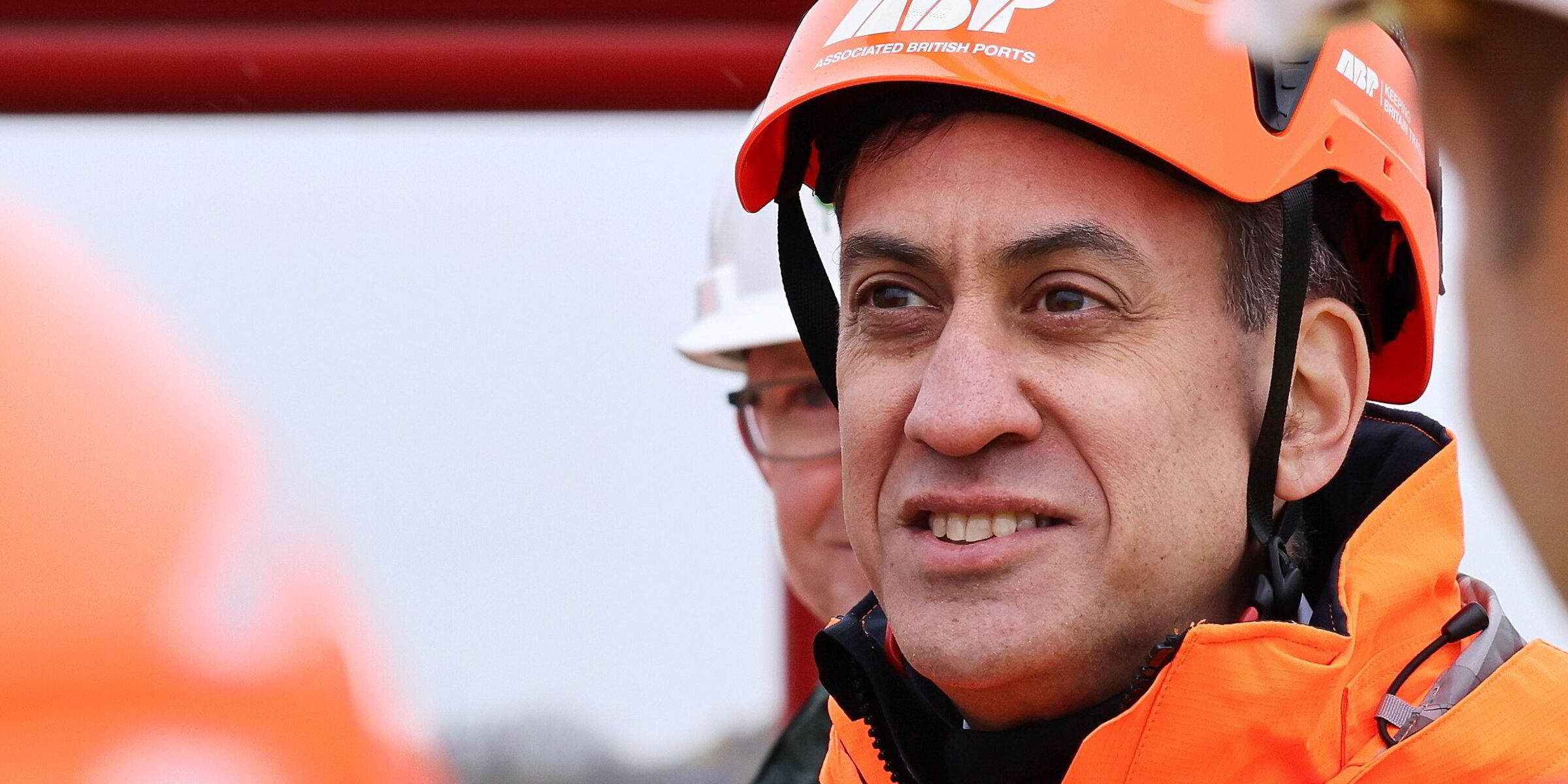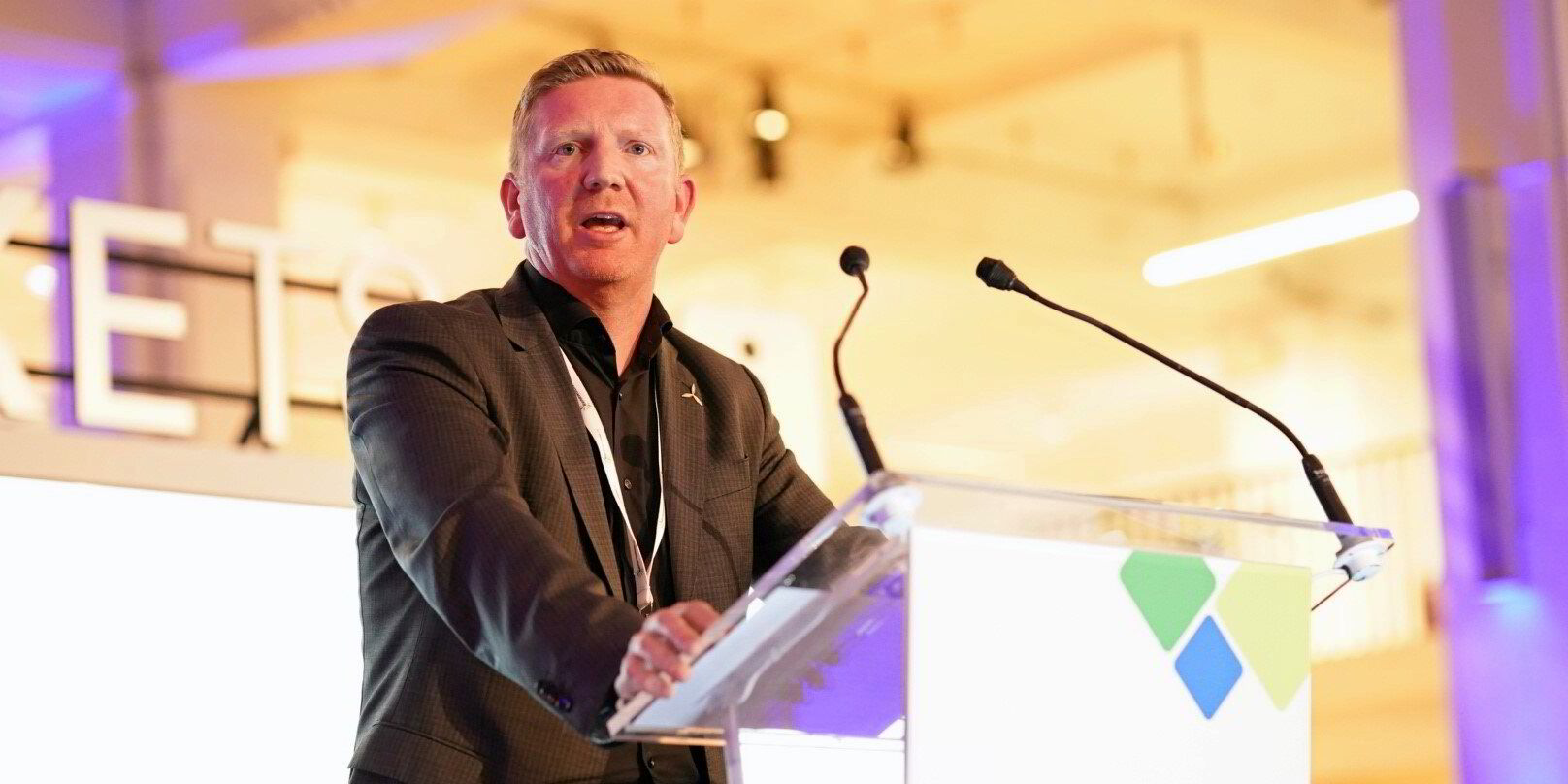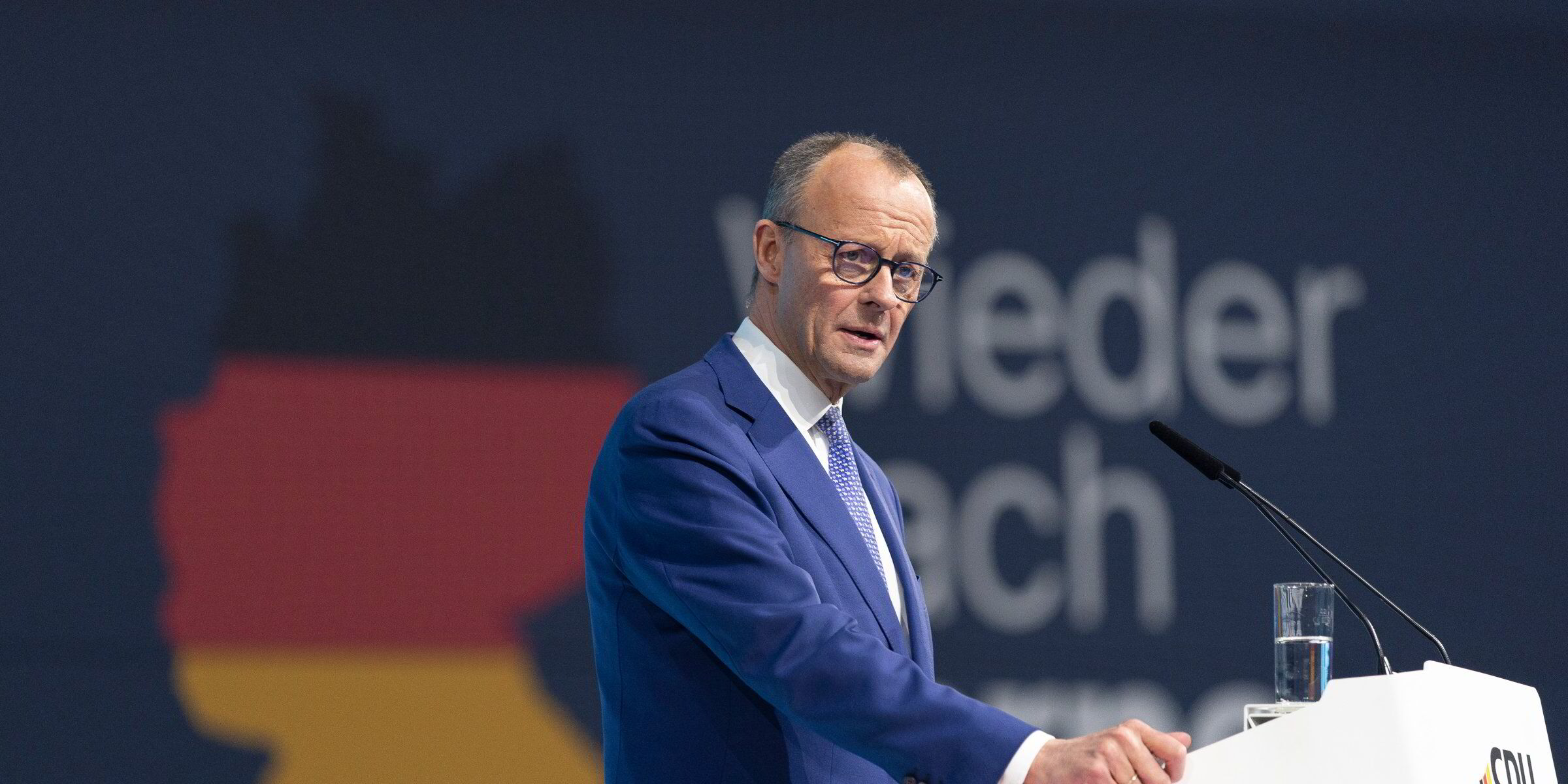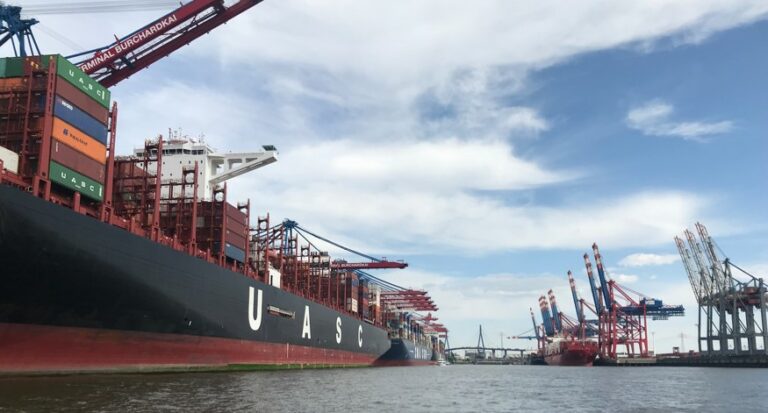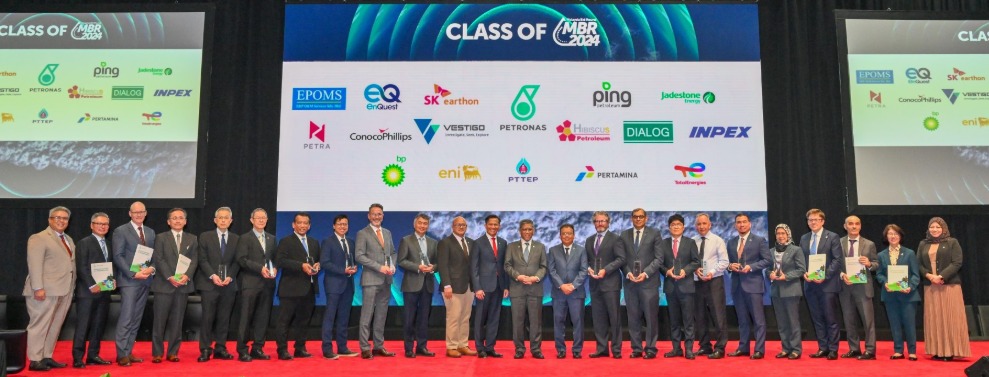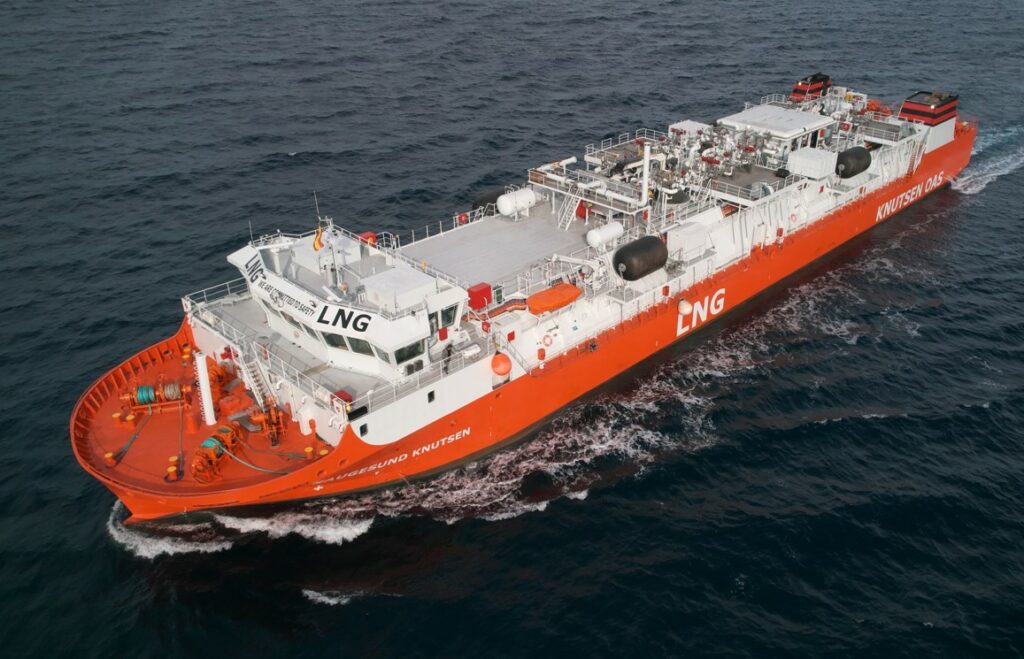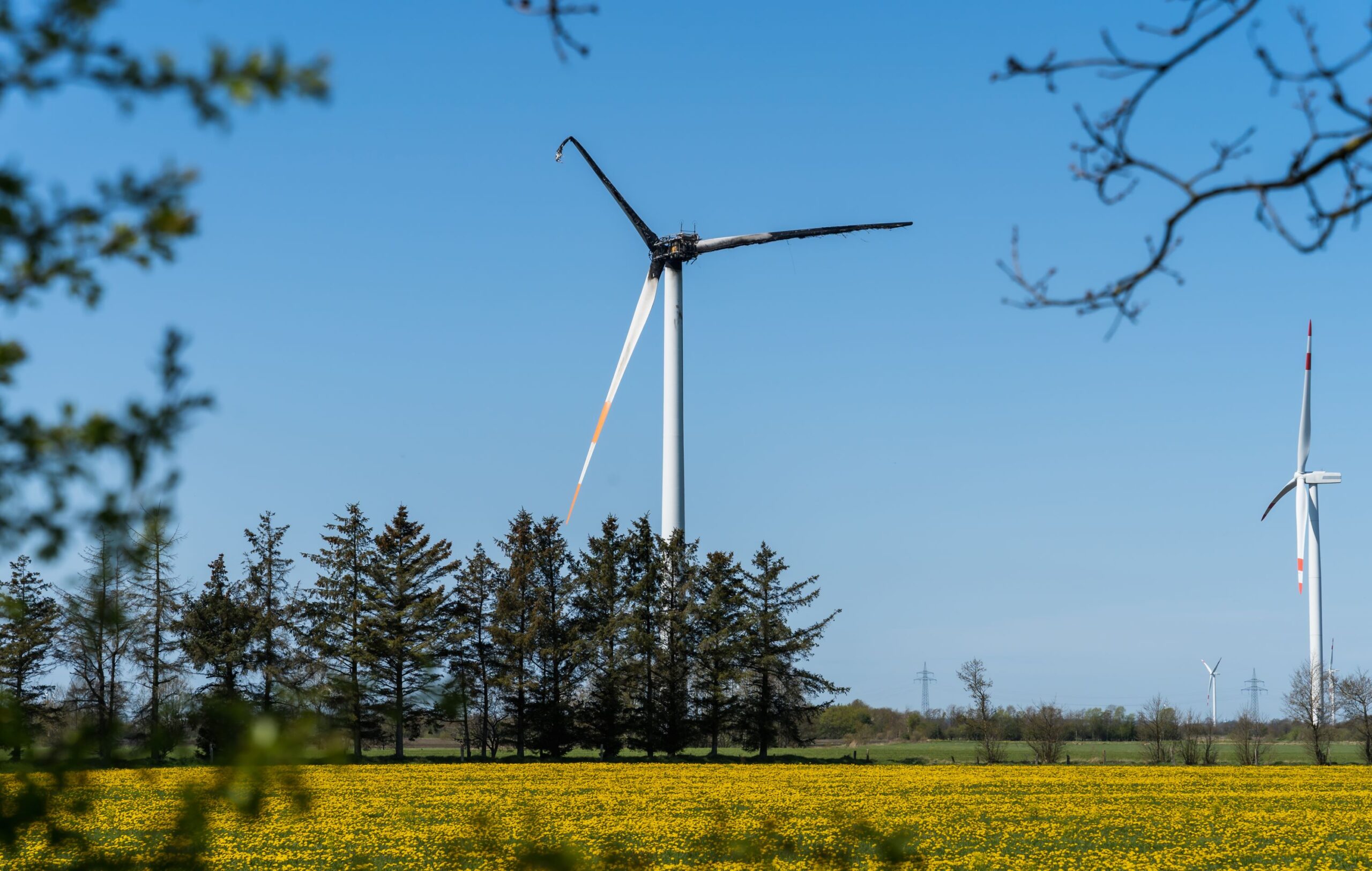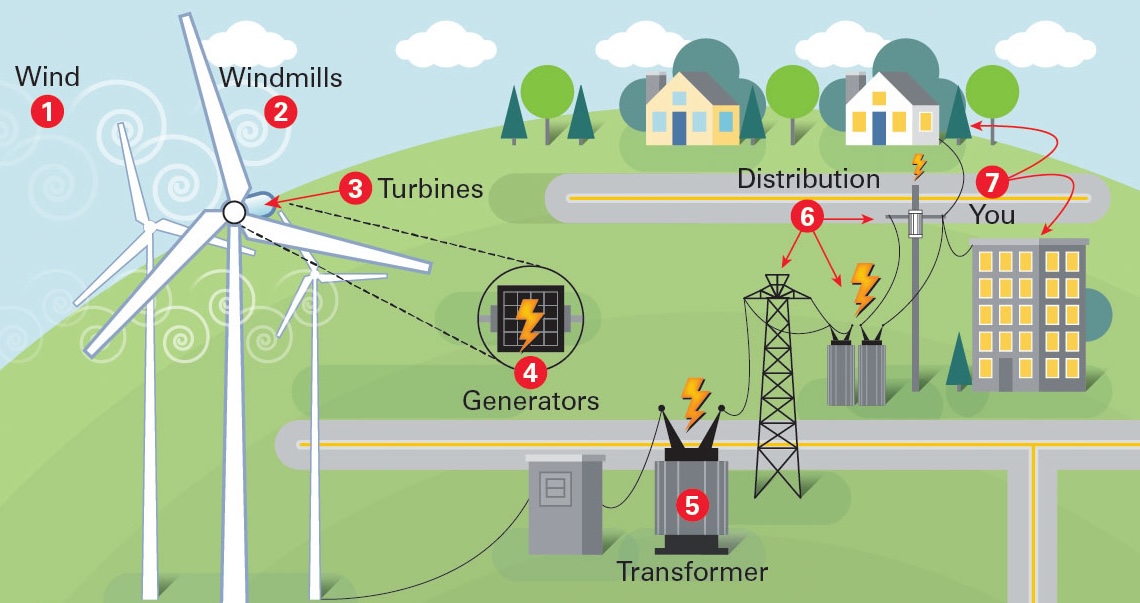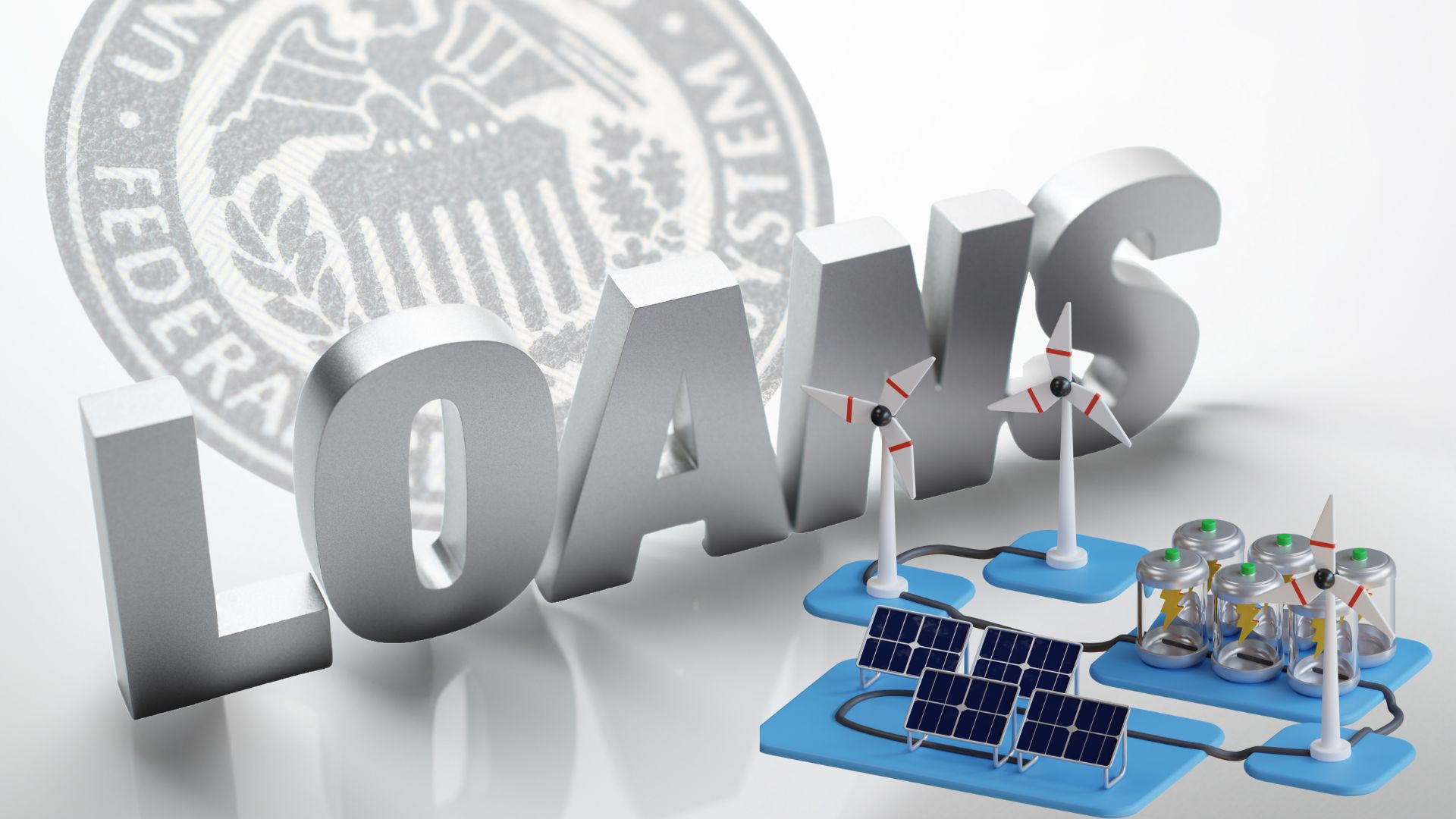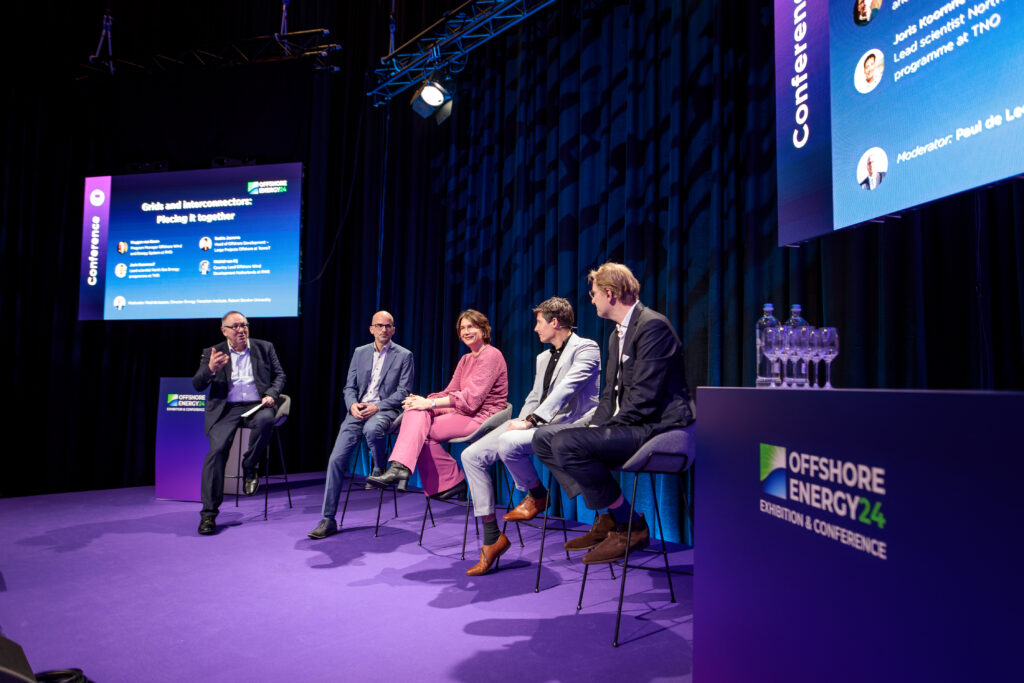Hydrogen Fuel Cells vs. Combustion Engines: BMW’s Experiment in Logistics
Hydrogen Fuel Cell Trucks Join BMW Group’s Logistics Fleet BMW Group has taken a bold step in shaping the future…
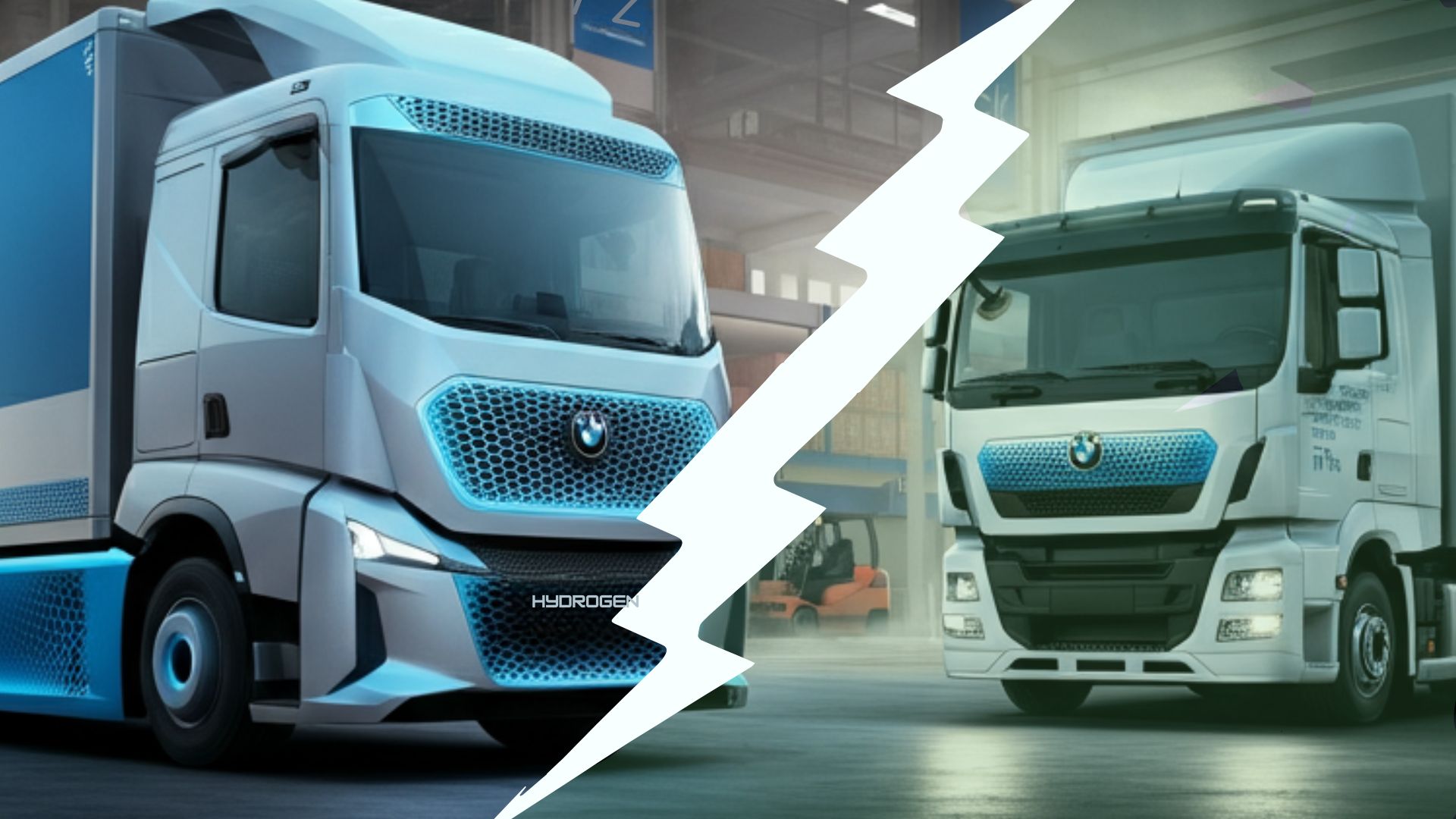
Hydrogen Fuel Cell Trucks Join BMW Group’s Logistics Fleet
BMW Group has taken a bold step in shaping the future of sustainable logistics with the introduction of two zero-emission hydrogen fuel cell trucks. These vehicles are part of a pilot operation under the European H2Haul project, aimed at promoting hydrogen mobility in freight transport. The trucks will cover routes between Leipzig, Landsberg, and Nuremberg, offering real-world testing for this cutting-edge technology.
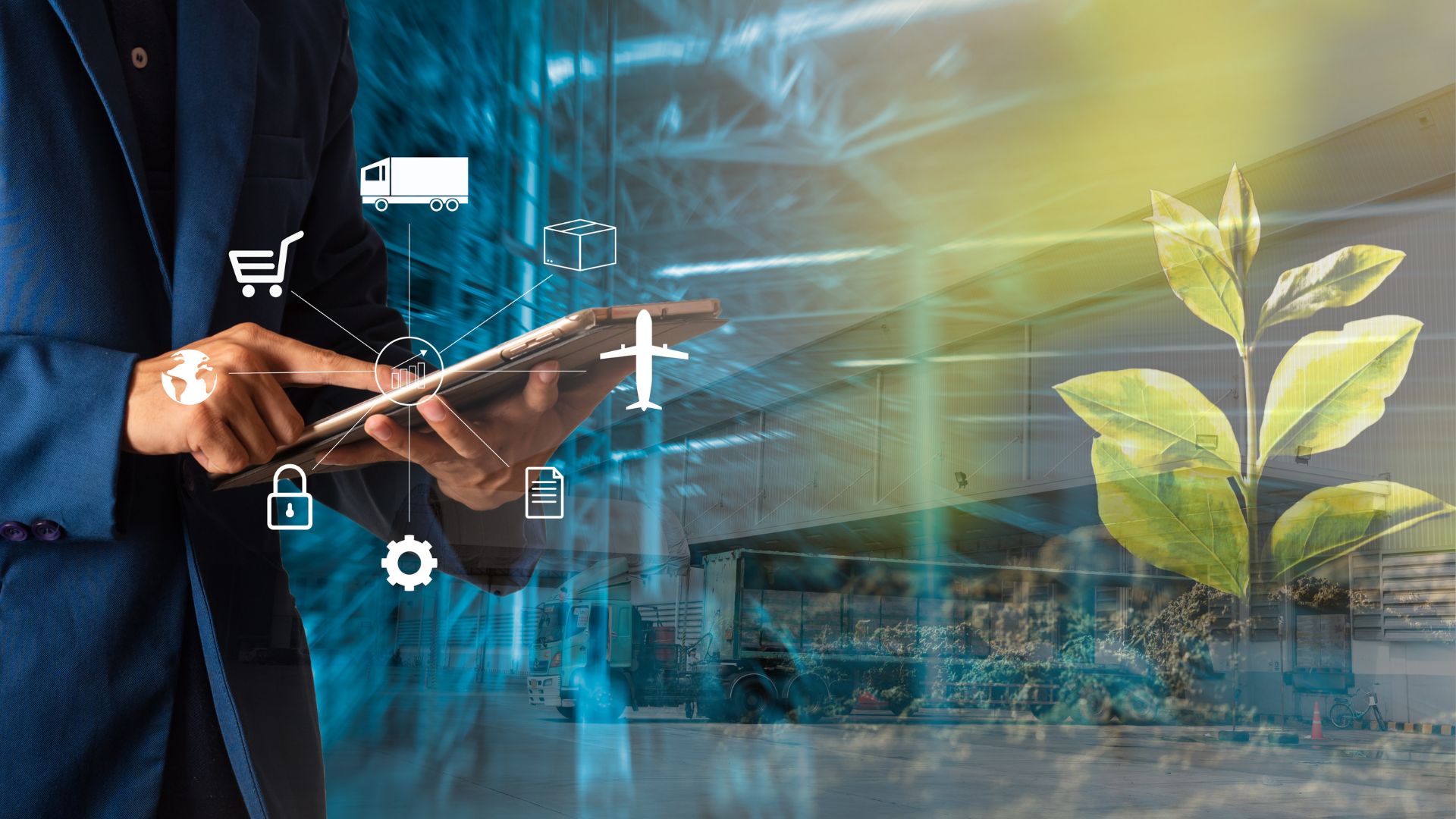
Image Credit: BMW Group
To facilitate seamless operations, BMW Group is constructing two specialized hydrogen fueling stations in Leipzig and Hormersdorf. These state-of-the-art stations are designed to handle high-capacity refueling quickly, a critical factor for maintaining the efficiency of freight logistics.
Michael Nikolaides, Head of Production Network and Logistics at BMW Group, sees this initiative as a key move toward the company’s future transportation goals. “For the first time, hydrogen-powered trucks will now be used in serial operation for German automobile production,” Nikolaides shared, highlighting the company’s multi-year partnership to bring the project to life.
The Broader Goal Behind Hydrogen Trucks
The goal of the H2Haul project is clear: to test hydrogen-powered vehicles in conditions as close to real-world as possible and evaluate their role in reducing emissions in long-haul freight transport. With funding from the Clean Hydrogen Partnership, the initiative operates a total of 16 trucks across Europe. The insights gained from these trials, including BMW’s operations, will help refine hydrogen fuel cell technology to make it viable for widespread commercial use.
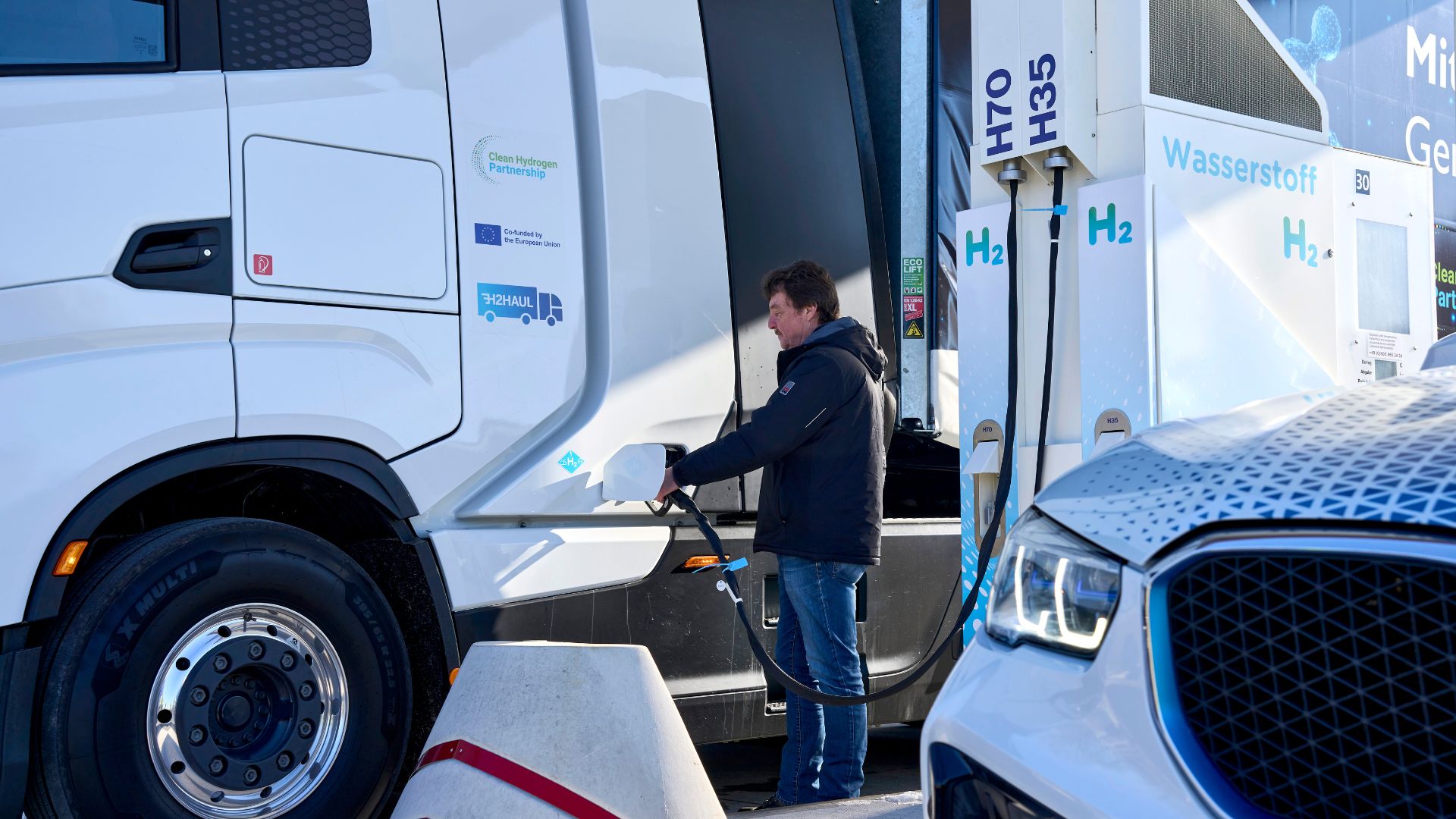
Image Credit: BMW Group
These trucks provide flexibility and efficiency, especially on longer routes where electric trucks face limitations like charging time and range. Hydrogen trucks can refuel quickly without the need for extensive charging infrastructure, making them an attractive alternative for logistics.
Dual Approach with H2 Fuel Cells and H2 Combustion Engines
Beyond the H2Haul project, BMW Group is also exploring hydrogen combustion engine technology through its participation in the HyCET project (Hydrogen Combustion Engine Trucks). This initiative investigates the use of hydrogen combustion engines alongside fuel cell drivetrains.
While combustion engines consume more hydrogen than fuel cells, they benefit from being cost-effective to produce and their compatibility with existing diesel-engine technology. Hydrogen combustion trucks generate virtually no emissions, qualifying them as zero-emission vehicles under EU regulations.
The two technologies—fuel cells and combustion engines—are being tested on the same logistics routes, using the same fueling stations. BMW Group aims to identify where each technology operates most efficiently, potentially setting the stage for broader adoption in the logistics sector.
Hydrogen’s Expanding Role in BMW’s Leipzig Plant
BMW’s focus on hydrogen innovation isn’t limited to logistics. The company’s Leipzig plant is at the forefront of integrating hydrogen into production processes. Over 200 fuel cell-powered industrial vehicles, such as forklifts and tugger trains, have transformed on-site logistics, running on hydrogen refueled at five dedicated stations within the facility.
The plant has also made strides in decarbonizing its production techniques. It has become the first automotive plant globally to incorporate bivalent hydrogen-capable burners in its paintshop. These burners can switch seamlessly between natural gas and hydrogen, reducing reliance on fossil fuels. Over time, the facility plans to eliminate natural gas use entirely, underscoring its commitment to lowering emissions.
Petra Peterhänsel, Head of BMW Group Plant Leipzig, explained the vision succinctly, saying, “Our vision for Leipzig is the extensive decarbonization of production. Among other things, this can be achieved by replacing fossil fuels with hydrogen.”
BMW Gears Up for Hydrogen-Powered Vehicles by 2028
BMW’s exploration of hydrogen isn’t limited to logistics and production. The company has revealed plans to launch its first hydrogen-powered production car in 2028—a significant milestone in its strategy. Following the global testing of the BMW iX5 Hydrogen pilot fleet, the company now aims to scale this technology into its regular lineup as a complement to battery electric vehicles (BEVs).
By offering vehicles with hydrogen fuel cells alongside BEVs, plug-in hybrids, and internal combustion engines, BMW is pursuing a flexible, technology-neutral approach. The company believes this enables it to cater to diverse automotive markets while driving carbon reduction.
Why Hydrogen Matters for Today and Tomorrow
Hydrogen-powered technology has the potential to address some of the key challenges in achieving zero-emission goals, particularly in sectors like heavy logistics and industrial production, where electrification can be less effective. The short refueling times and longer ranges of hydrogen vehicles provide solutions for long-route transport needs, complementing electric options.
For now, pilot projects like those undertaken by BMW Group serve as critical learning opportunities. They provide real-world data on the strengths and limitations of hydrogen systems, paving the way for more refined applications. On the production side, hydrogen’s versatility as a clean fuel opens doors to lower carbon outputs in industries reliant on gas-powered processes.
Looking Ahead
While hydrogen technology still faces hurdles—such as scaling up infrastructure and improving fuel production efficiency—it’s evident that its promise is more than theoretical. For governments, companies, and individuals aiming to cut emissions, hydrogen offers a path forward, especially in areas where electric solutions aren’t yet practical.
BMW’s advancements illustrate what’s achievable with a mix of innovation, collaboration, and long-term thinking. But the broader breakthrough comes when these technologies step out of pilot projects and become everyday solutions. With timelines like 2028 for hydrogen-powered vehicles and ongoing improvements in industrial applications, the question isn’t if hydrogen will factor into a green future; it’s when—and whether we’re ready to make the shift.
What's Your Reaction?







